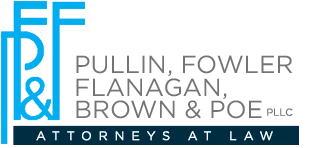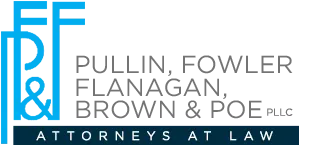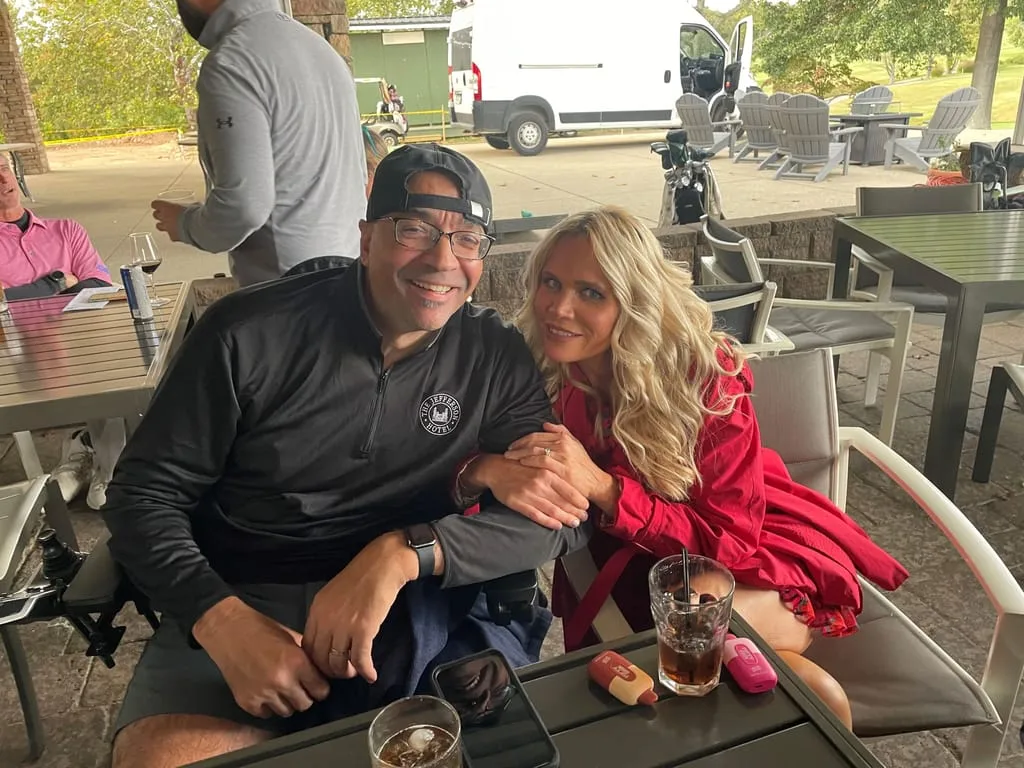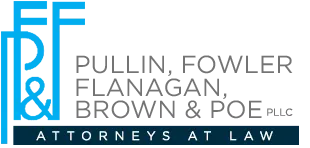Charleston Attorneys Create Restrictive Covenants for Businesses
Knowledgeable West Virginia lawyers help protect your vital interests
No business wants to expend time and resources to recruit and train quality employees only to have them leave the company and directly compete against it. At Pullin, Fowler, Flanagan, Brown & Poe in Charleston, our knowledgeable business lawyers help West Virginia companies protect their interests through carefully tailored restrictive covenants. For more than 30 years, we have assisted businesses in devising covenants that protect a company’s competitive edge without unduly curtailing employee rights.
What is a restrictive covenant in West Virginia employment law?
A restrictive covenant is a clause in an employment contract that prohibits an employee from taking the information and experience gained during employment and using it to the employer’s disadvantage. Examples are non-compete clauses, non-solicitation clauses and non-disclosure clauses. Restrictive covenants further provide a layer of defense, above and beyond federal law, against the theft of trade secrets, which can severely injure a company’s bottom line.
To be enforceable, restrictions can’t be overly broad in terms of time, geographic reach and scope of prohibited activity. A covenant that prevents a former employee from earning a living anywhere else would violate the employee’s individual rights and would also deprive the public of the advantages that come from healthy business competition.
In West Virginia, courts have concluded that a restrictive covenant is reasonable and enforceable if:
- The restrictions are no greater than what is required to protect the employer.
- The terms do not impose undue hardship on the employee.
- The limitations do not injure the public.
The determination of whether a covenant is reasonable and thus enforceable comes down to a combination of factors, including:
- The terms of the agreement
- The geographic area which the agreement restricts
- The activities which the agreement prohibits
Generally speaking, a covenant will be reasonable if there is a balance among these considerations. For instance, you might be able to enforce a long term of restriction within a tight geographic area, or you might be able to restrict one particular activity within a broader geographic area.
Other considerations in determining enforceability would be whether you are doing business within the entirety of the geographic area you have declared off-limits, and whether the activities you’re attempting to prohibit are closely related to the former employee’s job description.
Types of restrictive covenants
There are distinct categories of restrictive covenants based on the nature of the prohibited activity, such as:
- Non-compete agreements — The employee is prohibited from starting a business, or going to work for one, that directly competes with the company.
- Non-solicitation agreements — The employee is prohibited from soliciting employees of the company to work for a competing entity or soliciting clients of the company to become clients of the competing entity.
- Non-disclosure agreements — The employee cannot divulge information the company designates as proprietary or confidential in nature. Courts recognize exceptions for information about activities that may be illegal or unethical.
When you consult our business law firm, we will explain the legal framework and applicable laws governing restrictive covenants in the relevant jurisdiction, which might exceed the boundaries of West Virginia. Our goal is always to ensure that any covenants comply with applicable laws, so they can withstand legal challenges. We research all relevant circumstances in order to customize covenants that are reasonable based on your business needs and industry requirements. We have extensive experience in working with companies across various business sectors to craft enforceable restrictive covenants.
Contact Pullin, Fowler, Flanagan, Brown & Poe for advice on restrictive covenants
Pullin, Fowler, Flanagan, Brown & Poe in Charleston helps companies fashion effective and enforceable restrictive covenants. Call us at 304-344-0100 or contact us online to learn more.

























































